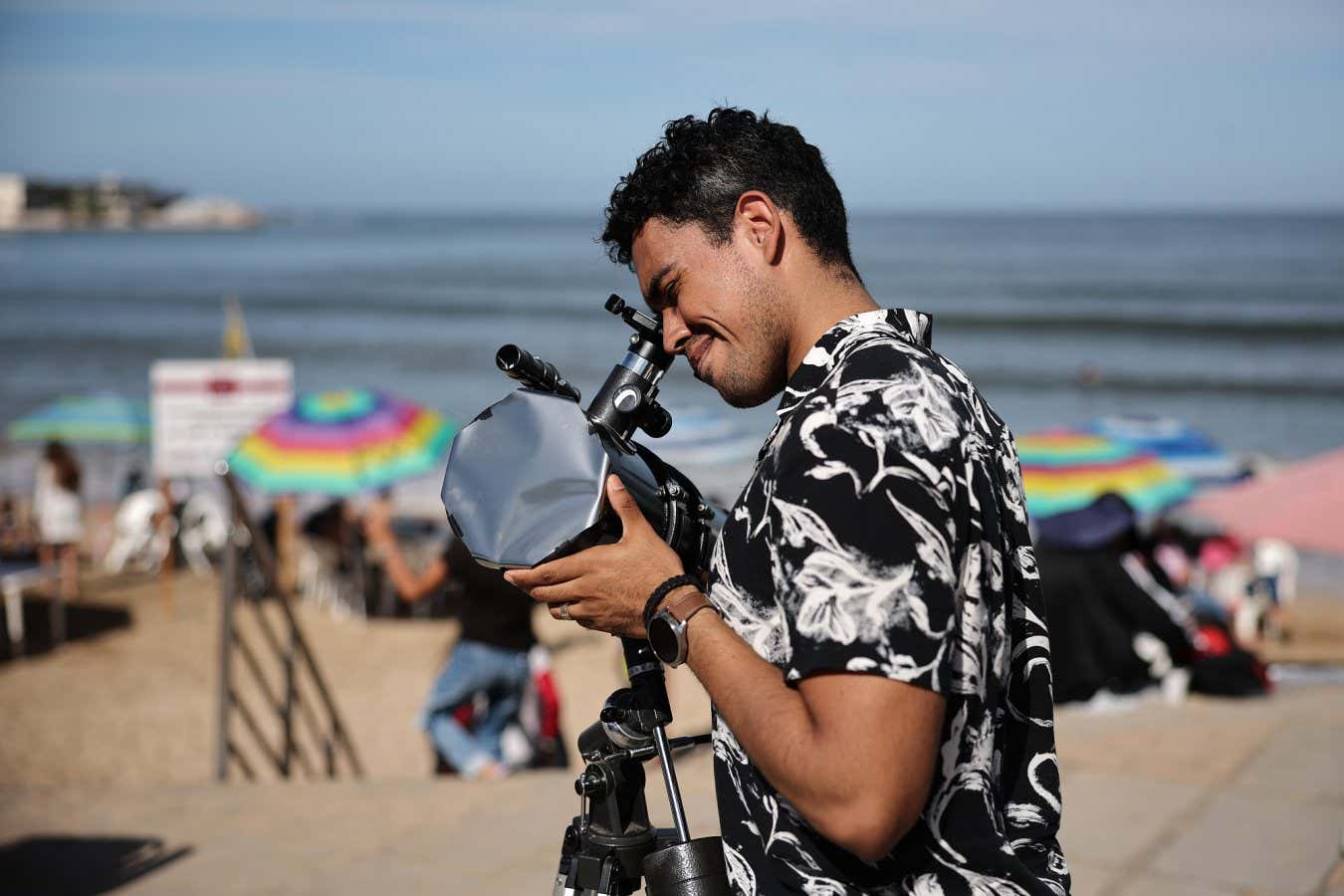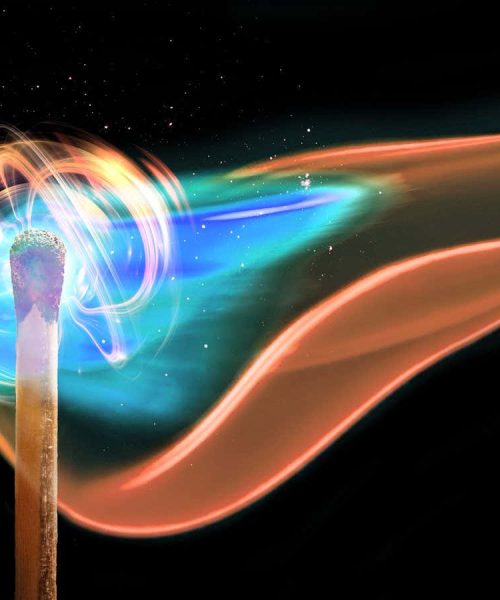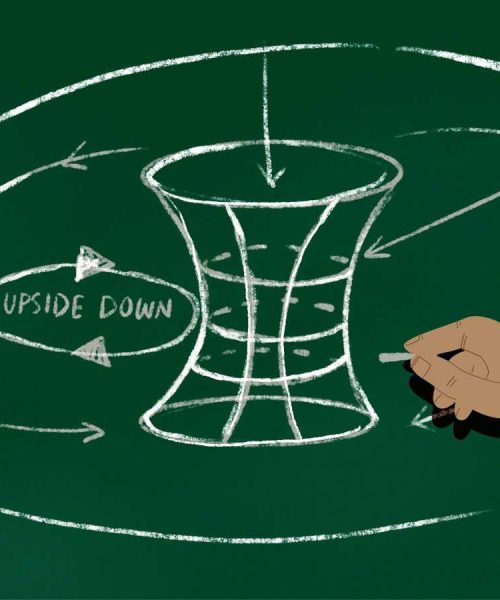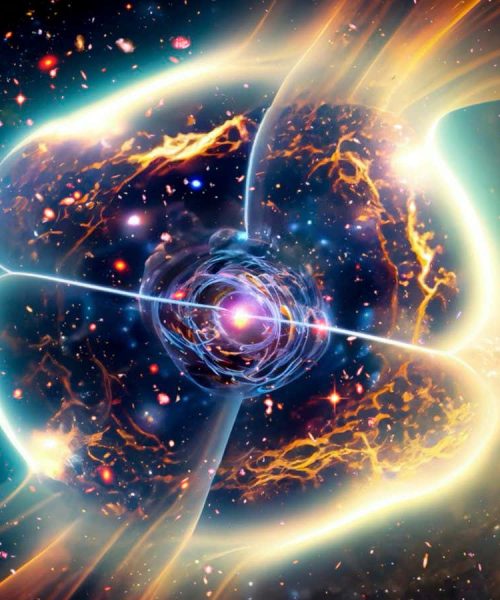
Hector Vivas/Getty Images
This story is part of our Cosmic Perspective special, in which we confront the staggering vastness of the cosmos and our place in it. Read the rest of the series here.
Perfect it may not be, but science is our best route to objective knowledge. Through observation, experiment and mathematical abstraction, it strives for a third-person perspective, a view from the outside of whatever we investigate. That is perhaps most obvious in physics, which seeks to describe things at every scale. “We take ourselves out of the system to stabilise [it] as an object that we can think about,” says Jenann Ismael, a philosopher at Johns Hopkins University in Maryland.
This separation of scientific understanding from subjective experience began in the 16th century, when Galileo Galilei showed it was possible to describe the movement of bodies on Earth and in the heavens according to mathematical laws. And you can’t say it hasn’t worked. Today, physicists can look proudly upon a vast tower of ideas and equations that closely predict how reality works at almost every level, from the grand narrative of the origins and evolution of the universe to the minutiae of the elementary particles that comprise it.
But in recent years, a growing number of physicists have come to realise that this notion of…





